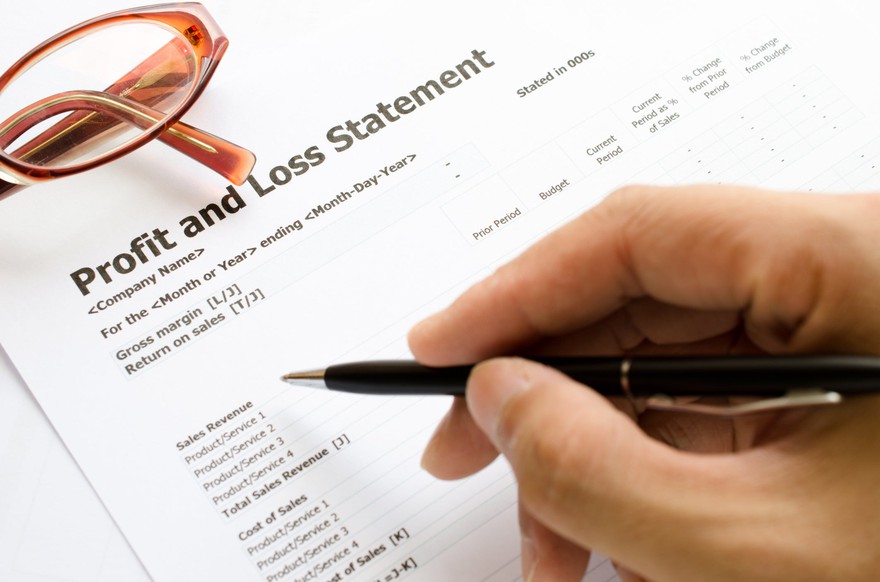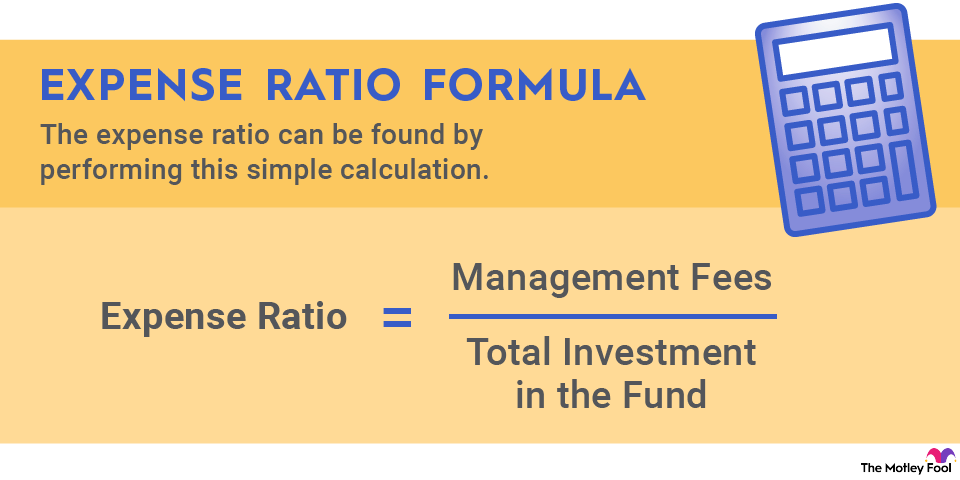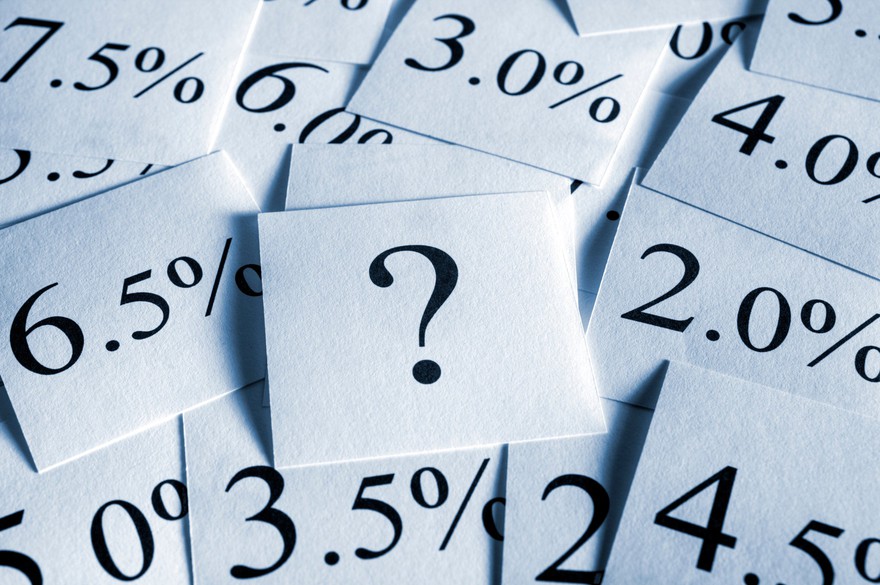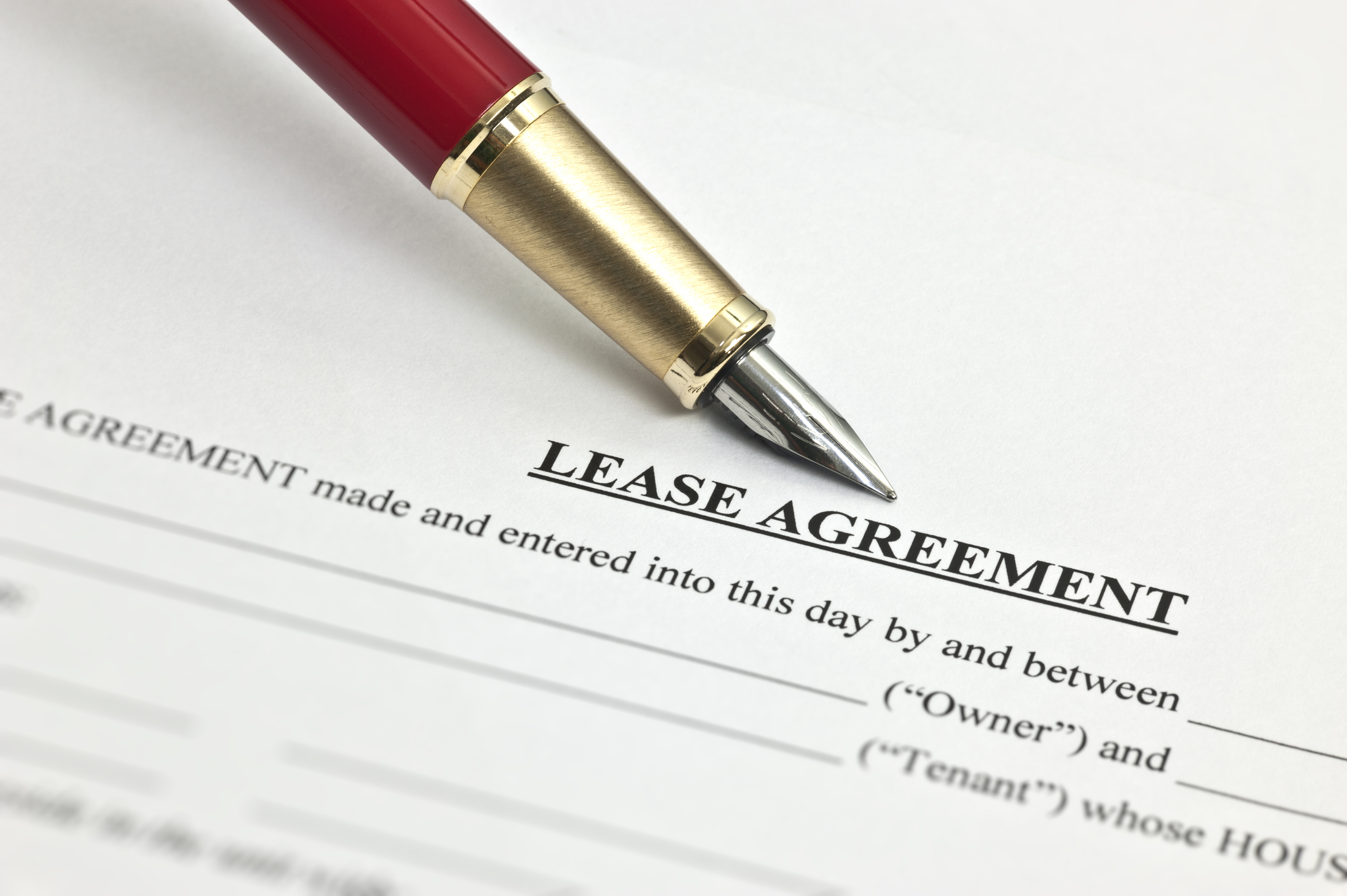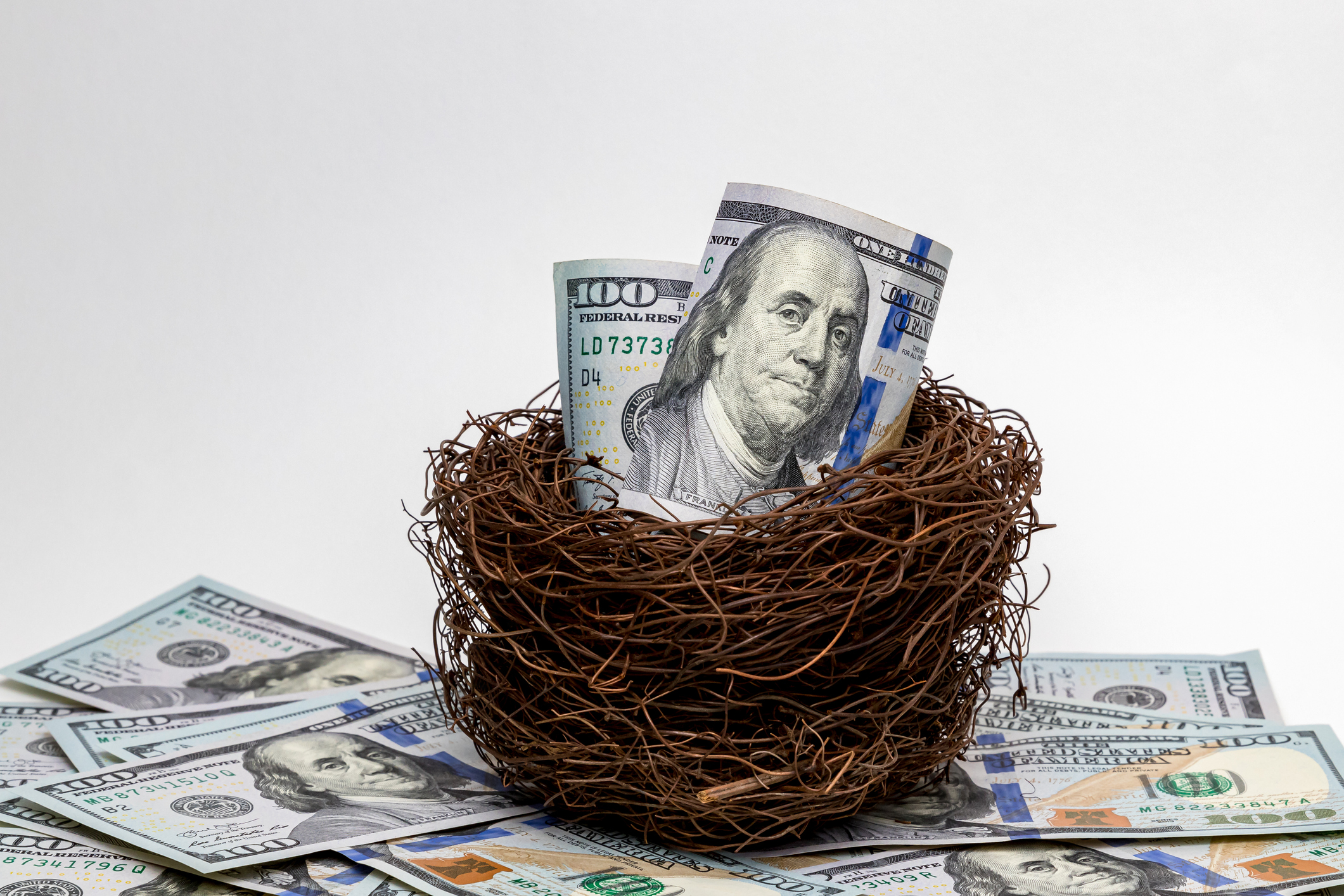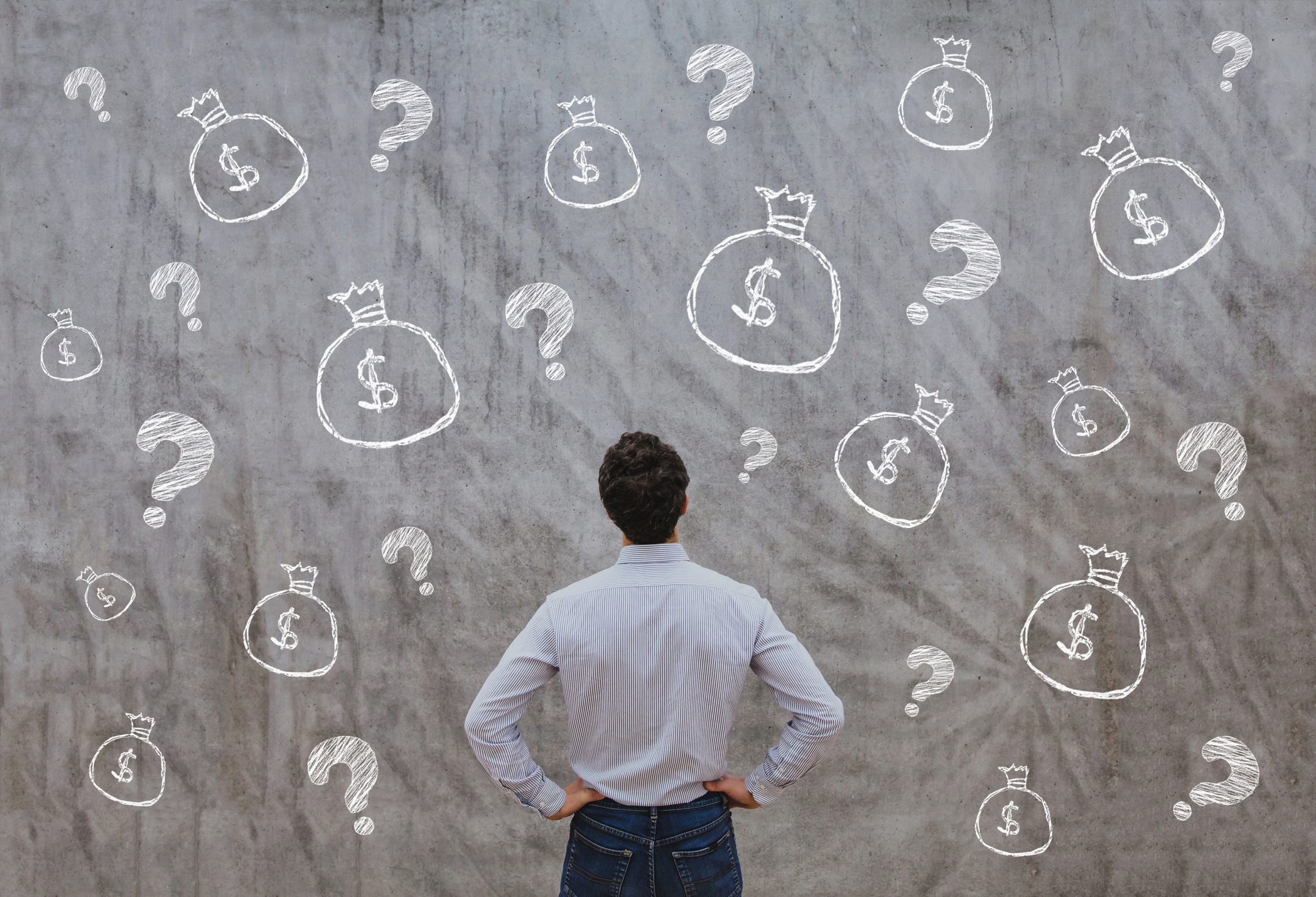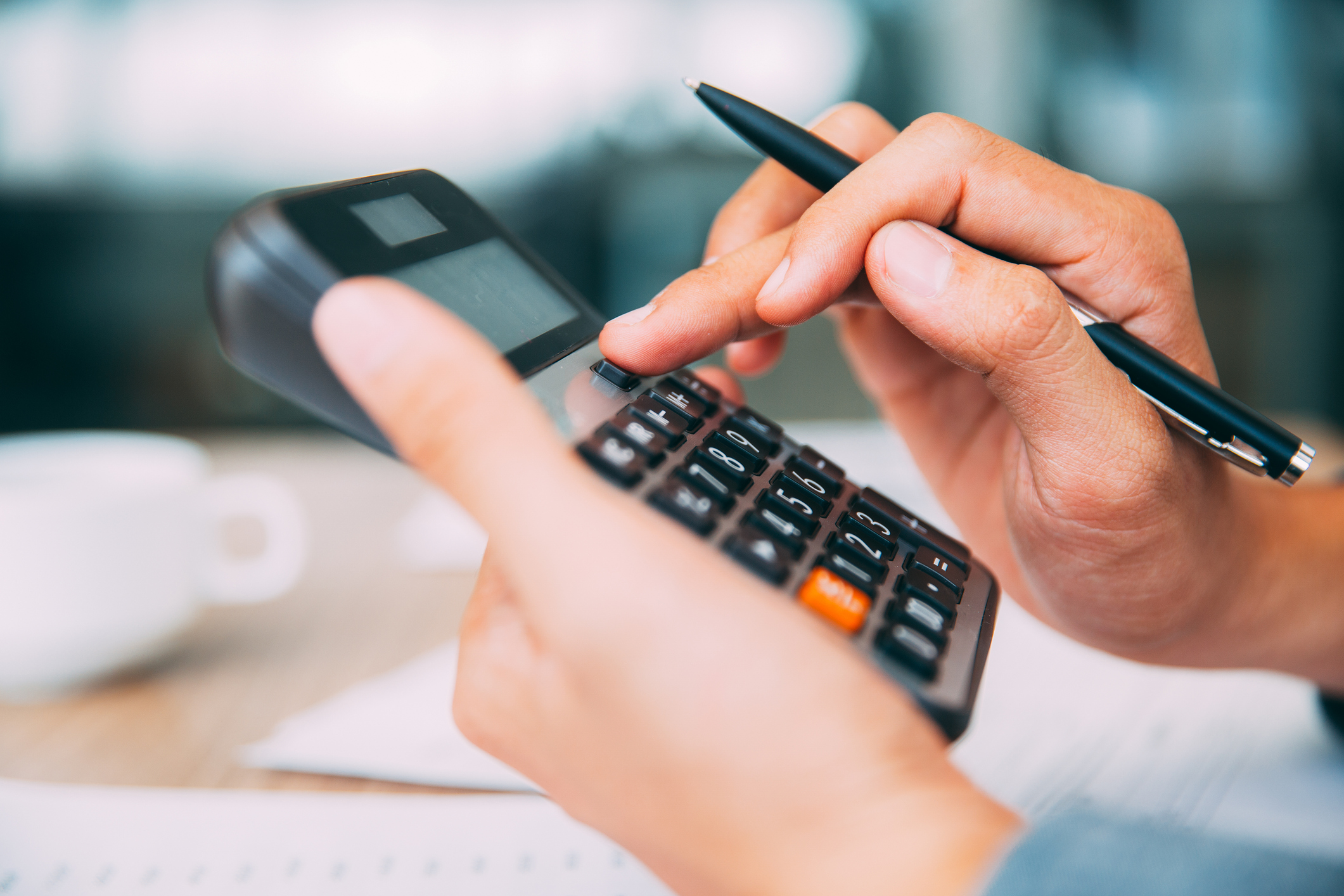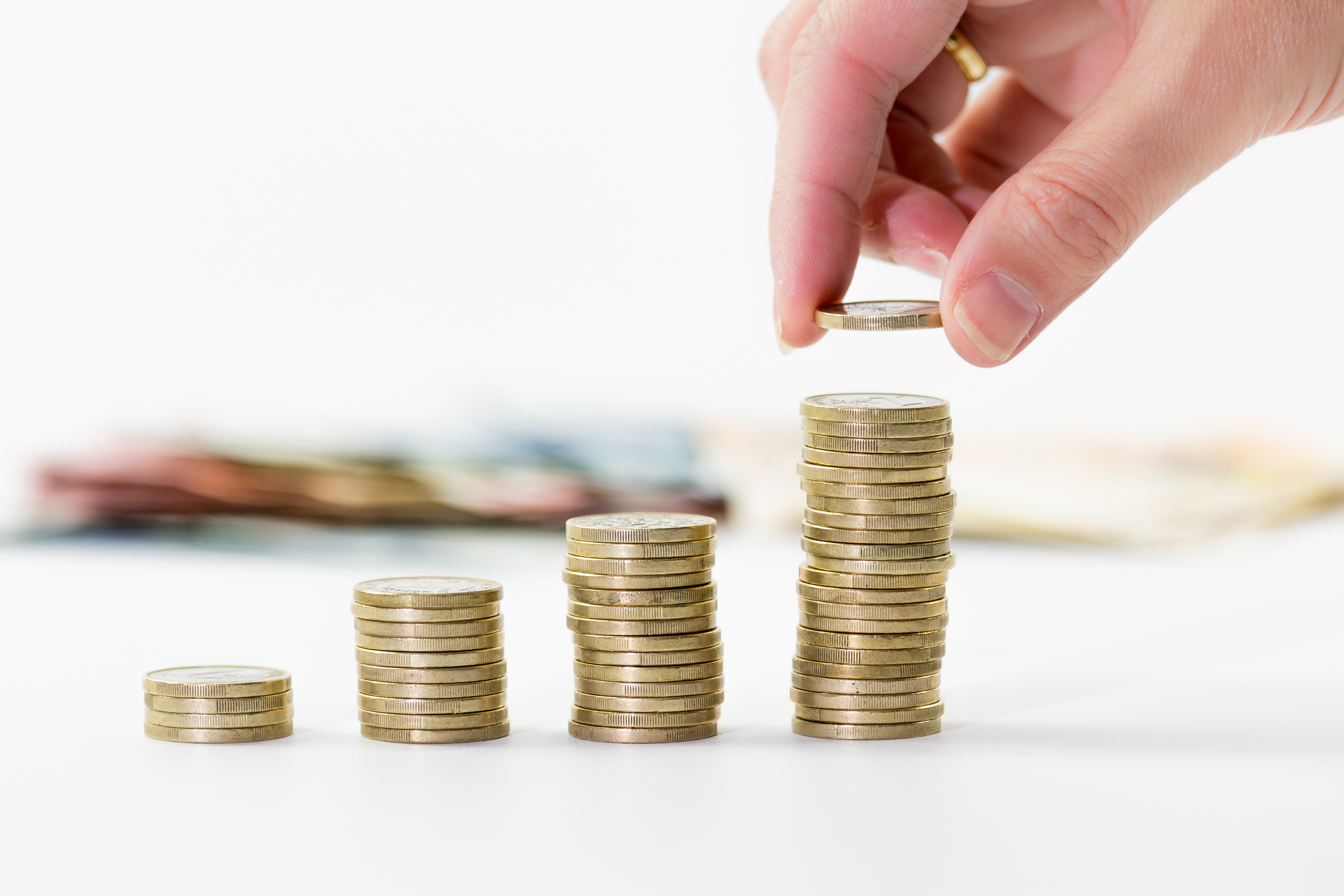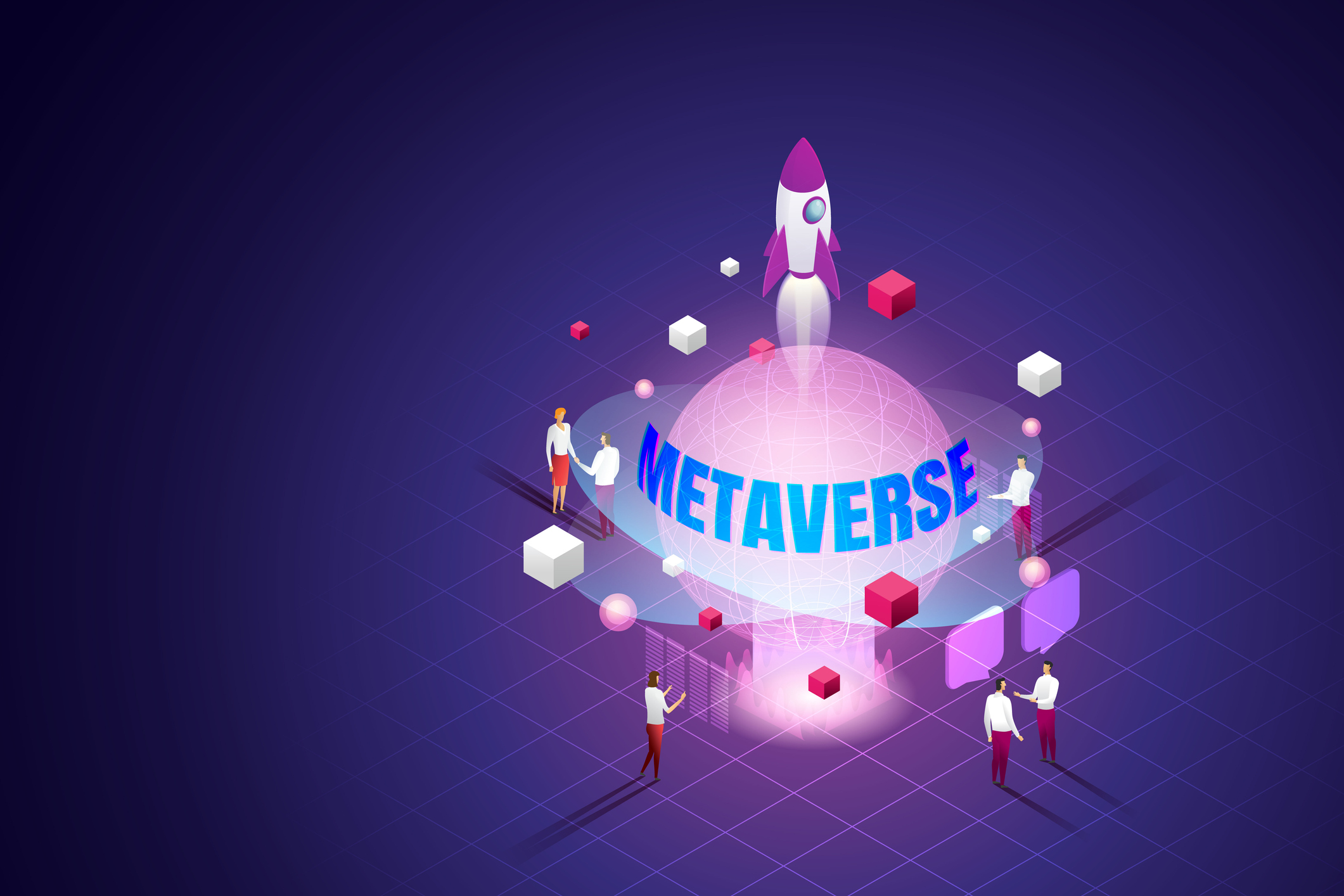Trade secrets are like gold in the business world. Everyone wants to get their hands on them. Enter the non-disclosure agreement (NDA), the unsung hero of keeping those secrets, well, secret.
What is a non-disclosure agreement (NDA)?
An NDA, or non-disclosure agreement, is a legally binding contract between two parties. It is also known as a confidentiality agreement, which is a major spoiler for what this document actually does.
It's like a pinky promise on steroids, dressed in a business suit. The agreement ensures that one party (usually the one sharing the information) can trust the other party (the recipient) not to spill the beans on sensitive or confidential information. This could be anything from a secret recipe to a groundbreaking business strategy.
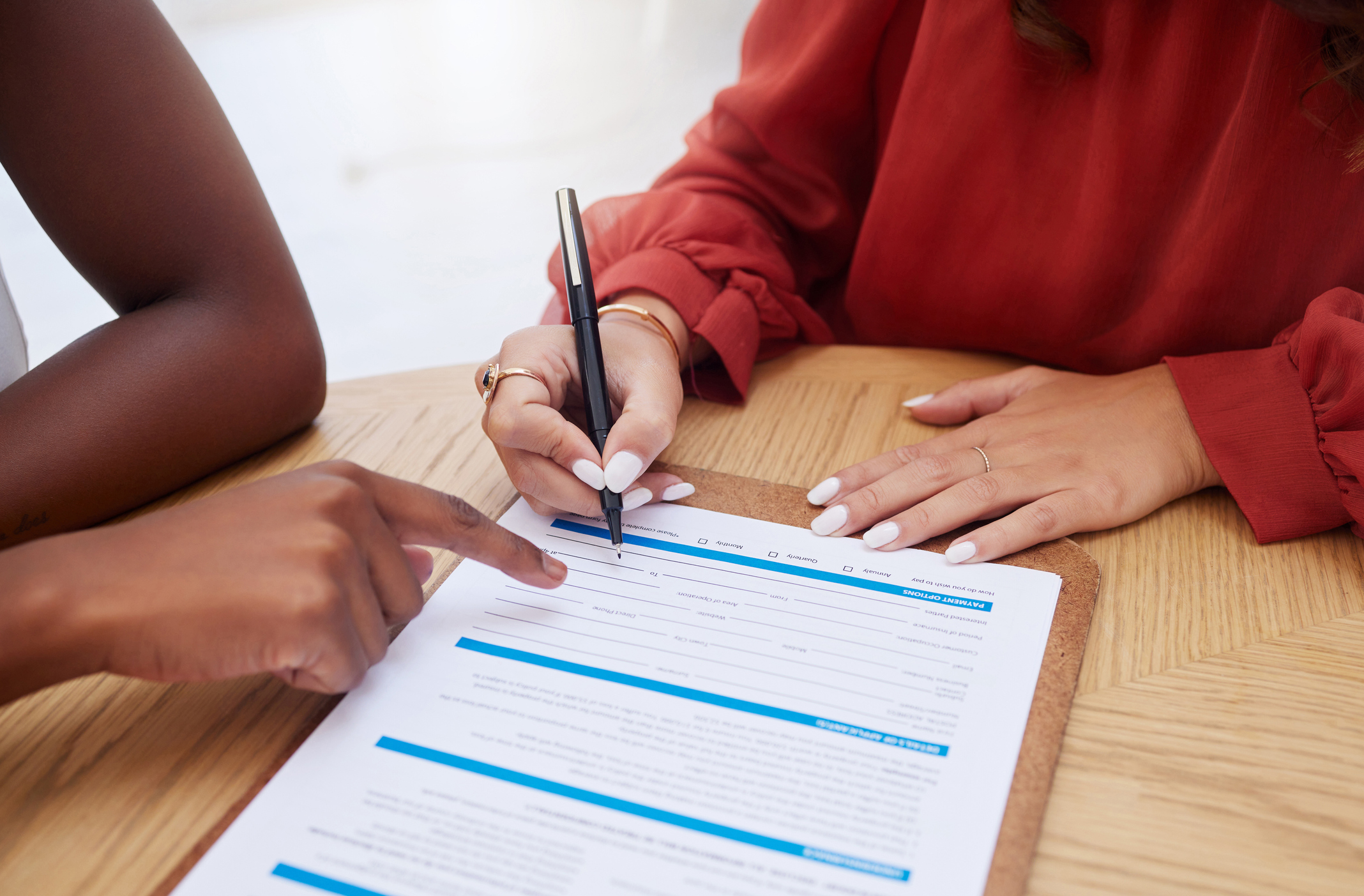
In some cases, businesses rely on NDAs to optimize their marketing messages about new products and services. A time-limited NDA lets the company send out information, ship reviewable devices, pre-screen upcoming movies, and so on with a firm date for articles and videos about them. This approach generates a coordinated tsunami of thoughtful press coverage, avoiding a race to break the news before anyone else.
Why should I care about NDAs?
You might be thinking, "It's just a piece of paper, right?" Well, not quite. This document carries legal weight, and is not to be taken lightly. NDAs play a pivotal role in the business world. Here's why:
- Protection of intellectual property: Have you ever had a brilliant idea and worried someone might steal it? NDAs ensure your brainchild remains yours, even if you must talk to others about it.
- Building trust: In business, trust is everything. NDAs lay the foundation for trust between companies, especially during the formation of mergers or partnerships.
- Legal recourse: If someone breaks their promise and leaks the information, the NDA provides a legal safety net. A signed NDA is a legal document, and a broken NDA can be grounds for a lawsuit with support from readily available documentation. It's like having an insurance policy for your trade secrets.
Mergers and Acquisitions
How should I deal with an NDA?
If you're an investor or a serious player in the business world, chances are you'll come across an NDA at some point. Here's what you should do with them:
- Read carefully: NDAs are not your typical bedtime reading. They're dense blocks of carefully worded legalese, but it's crucial to understand every clause. If in doubt, consult a legal expert.
- Know the duration: Many NDAs have an expiration date. It's essential to know how long you're expected to keep the secret -- especially if the NDA's writer has a specific date in mind for taking this information public.
- Ask questions: If something seems off or too restrictive, don't hesitate to ask the counterparty to the NDA and/or a lawyer. It's better to clarify now than face legal troubles later.
Apple's NDA-guarded veil of secrecy
Apple (AAPL +0.63%) stands as a paragon of product secrecy, making frequent and often iron-fisted use of non-disclosure agreements. The Cupertino-based tech giant's dedication to keeping its innovations under wraps until the right moment is legendary, and NDAs play a crucial role in this strategy.
When Apple was in the early stages of developing the first iPhone, the project, codenamed "Project Purple," was shrouded in extreme secrecy. Even many Apple employees were kept in the dark. Those privileged enough to work on it were bound by stringent NDAs and operated in a separate, secure area of Apple's campus.
Related investing topics
With each employee or team privy only to a section of the overall project, it was like closing your eyes and touching a random part of an elephant. There are sharp, soft, solid, and sagging parts, and describing the tusks or the tail won't give you a good sense of the whole animal. This level of confidentiality ensured that the iPhone's groundbreaking features remained a surprise until Steve Jobs unveiled it to the world.
But it's not just internal teams that are bound by Apple's NDAs. When the iPhone Software Development Kit (SDK) was released, third-party developers eager to create apps for the new platform had to first agree to an NDA. This ensured that software capabilities and new features remained confidential until Apple was ready to announce them.
While leaks have occasionally punctuated Apple's tight-lipped approach, the company's swift legal responses serve as a stark reminder of the weight of their NDAs. Over the years, Apple has not hesitated to take legal action against those suspected of leaking proprietary information, reinforcing the seriousness with which they treat breaches of confidentiality.
Apple combines its NDAs with strictly enforced patents and trademarks. This trifecta of protective tools for intellectual property supports the development and careful release of innovations, helping companies like Apple maintain a competitive edge in a rapidly evolving market.
NDAs might not be the most exciting topic in the business world, but they're everywhere and can't be ignored. They safeguard secrets, build trust, and provide a safety net for businesses. So, the next time someone slides an NDA across the table, you'll know exactly what to do.
And when in doubt, remember the core message of any NDA -- mum's the word!

